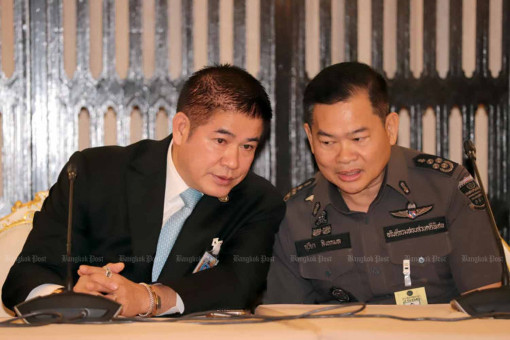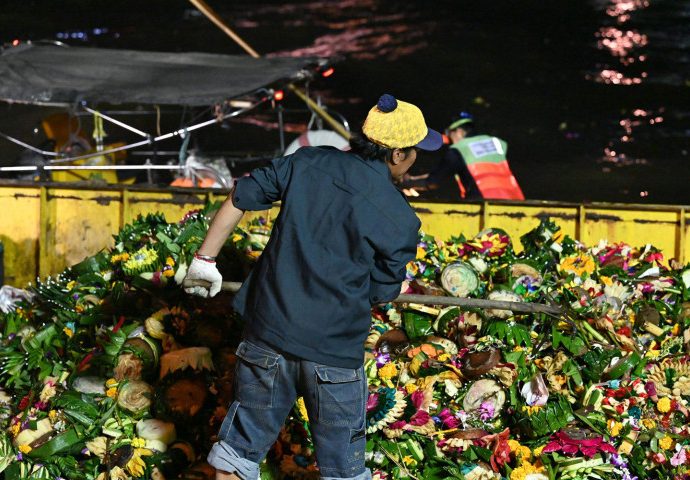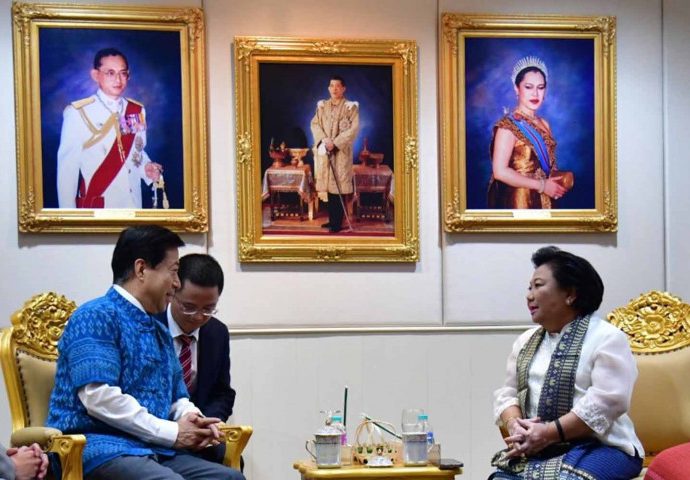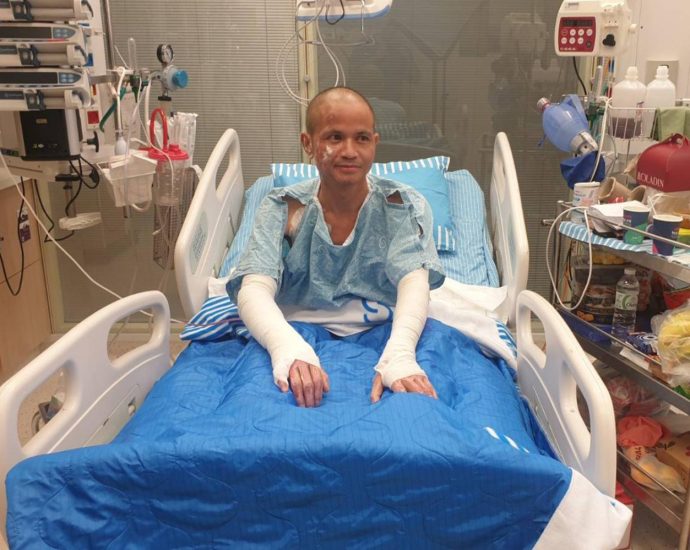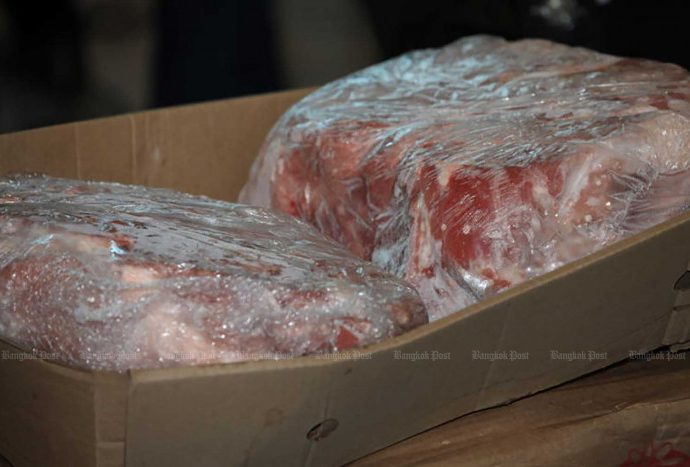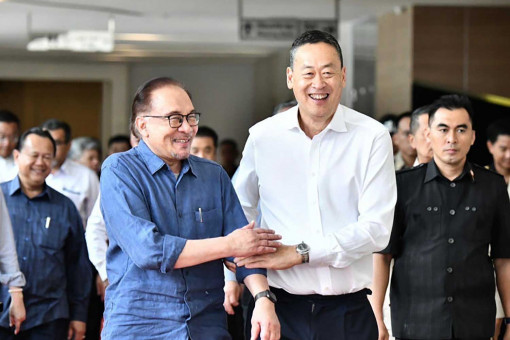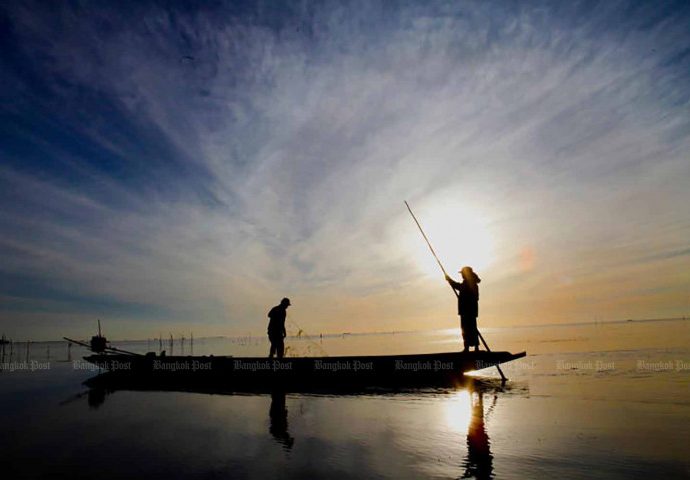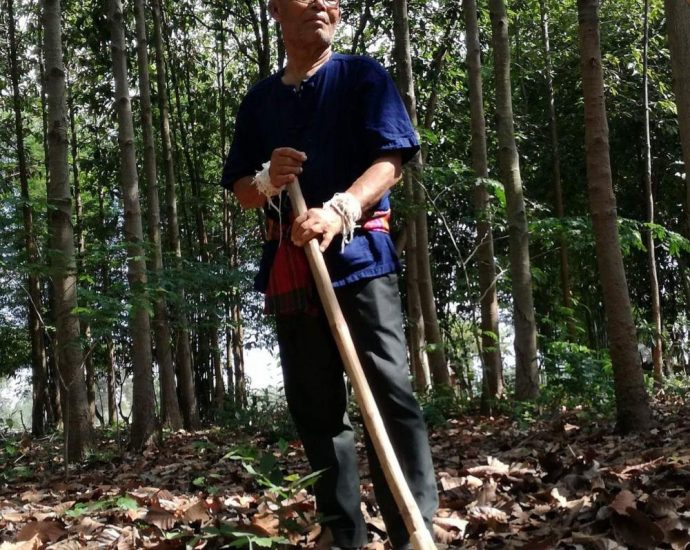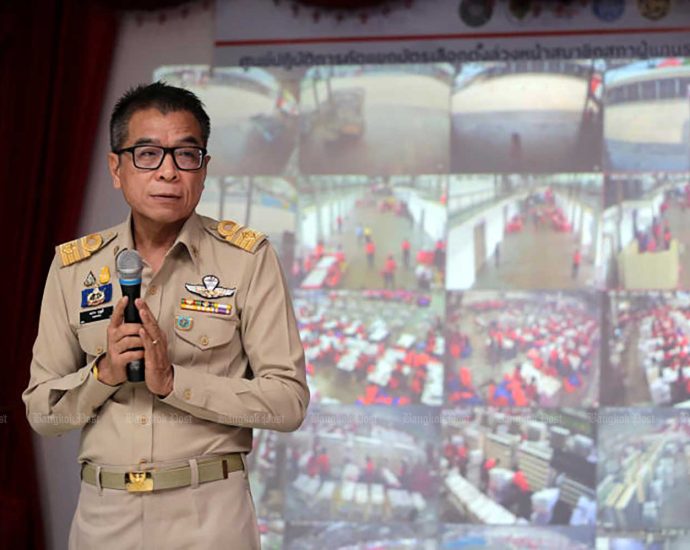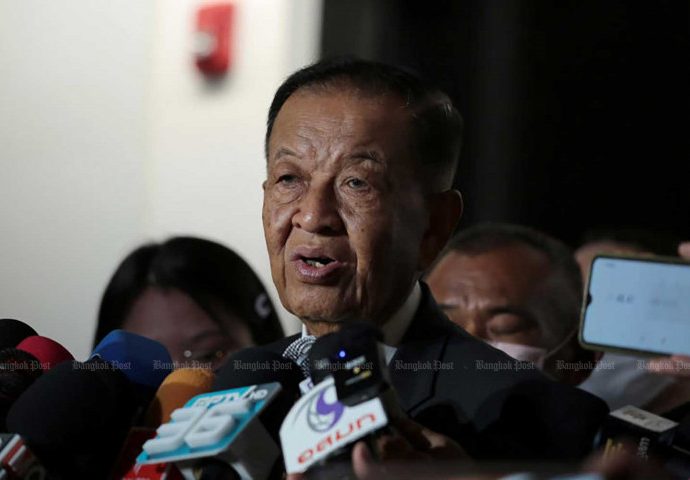DSI chief reassigned amidst investigation into smuggled pork
PUBLISHED : 28 Nov 2023 at 14:20

The cabinet on Tuesday transferred the chief of the Department of Special Investigation (DSI) to the position of deputy permanent secretary for justice, citing an ongoing investigation into pork smuggling by the organisation.
The transfer order came one day after Pol Maj Suriya Singhakamol, the now former DSI director-general, led officials in a search of the headquarters of cash-and-carry wholesaler Makro in Suan Luang district, Bangkok.
Upon learning of his transfer, Pol Maj Suriya on Tuesday posted a message on the department’s Facebook page, saying it was a typical move for civil servants and he had been prepared for this development since his first day in the top position at the department.
“I do not regret it because I have done my best. I am honoured to work with everyone,” reads the message.
The DSI is investigating active pork smuggling in Thailand following the discovery of a large amount of smuggled pork in 161 refrigerated shipping containers at Laem Chabang Port in Chon Buri province in July. The influx of smuggled pork at relatively lower prices reportedly led to a decline in local pork prices, negatively impacting local farmers and national food security.
Prime Minister and Finance Minister Srettha Thavisin recently urged the DSI to speed up its investigation into pork smuggling and apprehend those responsible.
Pol Maj Suriya earlier said the DSI suspected the involvement of many government officials in the illicit business.
On Monday, the DSI arrested two pork importers allegedly involved in smuggling and searching the Makro headquarters. The move was prompted by suspicions that the importers were supplying the listed wholesale company with smuggled pork and pigs’ internal organs.
Makro’s chief corporate communication officer Siriporn Dechasingha said on Monday that the company procured all pork from registered local sources and imported internal organs of pigs from registered traders to meet the country’s demand.
The company had ceased procuring pig liver from the suspects earlier this year and other internal organs from them in the middle of last year due to substandard supplies, she said.
Makro had also bought fish and seafood from the same longstanding suppliers, she added.
The wholesaler is owned by the Chearavanont family that controls the agribusiness conglomerate Charoen Pokphand (CP).

